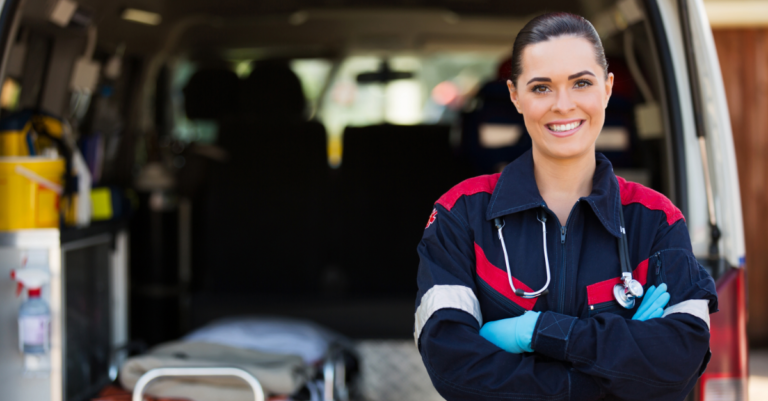
How To Demonstrate Service Orientation
Medical school admissions committees look at many different factors that go beyond your grades and ... Read more
Written by: AAMC Staff
Published on: January 10, 2019
The path to becoming a physician is long and challenging, and being a pre-medical student is hard. Learn about what you need to do to get into medical school successfully.

Medical school admissions committees look at many different factors that go beyond your grades and ... Read more
Written by: AAMC Staff
Published on: January 10, 2019

Though New Year’s resolutions have the reputation of falling by the wayside come February, they ... Read more
Written by: Cassie Kosarek
Published on: January 9, 2019

One of the most difficult things about taking the MCAT is that it is both ... Read more
Written by: Chelsea Myers
Published on: January 7, 2019

Logarithms are one of the most difficult math topics on the MCAT because many of ... Read more
Written by: Chelsea Myers
Published on: December 20, 2018

David Steinhardt, MD shares 10 steps for getting into medical school.
Written by: David Steinhardt
Published on: December 20, 2018

Collegiate winter breaks often span three or four weeks, and for premedical students, this time ... Read more
Written by: Cassie Kosarek
Published on: December 12, 2018

Premed (and even high school) life can be full of rumors about medical school admissions. ... Read more
Written by: Christine Fader
Published on: December 5, 2018

An awesome trick for remembering metric prefixes and converting between units in the metric system ... Read more
Written by: Chelsea Myers
Published on: December 3, 2018

Medical School Admissions Offices Weigh In What kind of clinical experience do you need to ... Read more
Written by: Sushi18
Published on: November 26, 2018

Yep, you read that title correctly. But go ahead and read it once more! Direct ... Read more
Written by: Robin K Kuriakose
Published on: November 15, 2018

A look at the pros and cons of a post-baccalaureate program, self-designed program, classes as ... Read more
Written by: Emily Millet
Published on: November 12, 2018

It’s become increasingly more common for premeds to take at least one gap year between ... Read more
Written by: AAMC Staff
Published on: November 8, 2018

While the majority of medical students pursue a traditional MD degree, dual-degree programs are available ... Read more
Written by: AAMC Staff
Published on: October 15, 2018

After months of ambiguity, wondering if you will receive interview invitations and if you have ... Read more
Written by: Cassie Kosarek
Published on: October 10, 2018

It is often said that the journey to becoming a doctor is a marathon, not ... Read more
Written by: Julia Bauman
Published on: September 27, 2018

As you make the decision to pursue a career in medicine, you may wonder, “Where ... Read more
Written by: AAMC Staff
Published on: September 13, 2018

Believe it or not, it is not uncommon to take the MCAT twice. Though sitting ... Read more
Written by: Cassie Kosarek
Published on: September 12, 2018

So you are nearing the end of your application season. You have spent years completing ... Read more
Written by: Casey Paton
Published on: September 10, 2018

Should you fix a bad grade, or concentrate on making your strengths even stronger? Activia ... Read more
Written by: The Short Coat Podcast
Published on: September 7, 2018